|
Article by Irving Schattner Post design and edit by Christy Zigweid Photo by Unsplash via Pixabay made using @WordSwagApp As technology continues to innovate and connect people seamlessly via smartphones, tablets, and laptops, it has become easier to get help for emotional/psychological problems. The advent of online therapy from the comfort and security of home allows trained psychotherapists to assist clients regardless of their physical location. All that’s needed is an internet connection to conduct online therapy sessions. There are many reasons to choose online therapy over traditional in-office counseling. Often it may be difficult to arrive at the therapist’s office because of your remote location or transportation problems. With online therapy, you never have to leave the house and get to reap all of the benefits of face-to-face sessions. Online therapy is less intimidating with less stigma attached, and you can choose between having a single session to try it out for ongoing therapy. It is entirely possible to engage in online counseling with a trained psychotherapist from home, work, or even while traveling. This method of counseling is generally more affordable than face-to-face therapy sessions, and you get to save on gas without the need of traveling to a therapist’s office. Online therapy offers flexible scheduling to accommodate your schedule. People with physical limitations or a limited ability to travel can benefit greatly from online therapy. If you relocate frequently, it gives you the opportunity to keep the same therapist for a continuum of care. The benefits of online therapy are endless and continue to be discovered as more people make the jump to online counseling. Photo by Picography via Pixabay Effectiveness of Online TherapyThere have been many studies pointing to the fact that video therapy and online counseling are effective tools that help reduce the prevalence of anxiety, depression, and a host of other psychiatric conditions. A peer-reviewed study published in the Canadian Medical Association Journal, took a close look at studies of online cognitive behavioral therapy (CBT) conducted between 2000 and 2012. They found that CBT is a widely used and well-researched form of therapy, with most studies saying face-to-face forms of this treatment are highly effective. CBT focuses on reducing negative thoughts, thereby changing behavior and alleviating symptoms. Most of the studies tracked participants for eight weeks to two years after undergoing online therapy sessions from home. Researchers conclusively found that online cognitive-behavioral therapy could effectively reduce symptoms of depression, anxiety, and other mental health issues. In some cases, online therapy was even more effective than traditional in-office therapy. The evidence supporting online therapy’s effectiveness is significant and continues to grow. About the Author - Irving Schattner, LCSW
15 Comments
Article by Irving Schattner Post design and edit by Christy Zigweid Photo by ADD via Pixabay made using @WordSwagApp Worry zaps precious energy and motivates us to act against our best interests. When worry takes hold, our mental filter becomes clouded. Our mental filter allows our brains, when properly activated, to focus on relevant life-sustaining tasks and growth-seeking opportunities. When clouded, our mental filter negates what’s truly relevant and important for healthy growth and development. Our brains function like computers - storing, processing and sorting through data at lightning speed, often on automatic pilot or on a subconscious level. However, when we are riddled with anxiety and worry, our capacity to think and act rationally is impaired. It’s as if our brains, our human computers, are offline. When this occurs, our logical, reasonable, analytical and problem-solving higher self (mediated through our fore-brain) is hijacked by our mid-brain. Our mid-brain contains our amygdala which regulates our emotions and survival instincts. Functioning at optimum level, the amygdala governs healthy emotional regulation and our fight-or-flight response. The amygdala can help us to assess real dangers and take appropriate action. On the other hand, if you suffer from excessive anxiety and worry, your amygdala is most likely functioning in an overactive state, assessing danger when there is none or overestimating the probability of danger. Worry, Anxiety and StigmaExcessive worry or anxiety can lead one to feel great shame and fear of stigma. The whole world seems normal while you may describe yourself as “crazy” or “abnormal.” Uncomfortable with having physical discomfort noticed by others around you, may lead you to cover-up or avoid your anxiety and worry for fear of being stigmatized, criticized or judged as somehow different or strange. This fear of evaluation by others keeps you on guard, suspicious and even judgmental of others. You may go so far as to avoid situations and people that trigger worry or panic, thus limiting your ability to participate in meaningful opportunities to challenge the very negative thoughts, beliefs and behaviors that are reinforced through continual avoidance. Avoiding discomforting physical symptoms associated with anxiety and worry further reinforces avoidance. As your avoidance takes on a life of its own and generalizes to new, even unexpected, situations, so too your belief in your ability to gain mastery over your life diminishes markedly. You start to feel boxed in, hopeless, and desperate for anything to take the pain away. Some people turn their worry and anxiety into isolation, depression and even anger. Others turn to various forms of addictions – sexual, chemical, gambling, codependency – as well as other self-sabotaging behaviors to self-soothe. Feeling shameful and stigmatized by one’s worry, anxiety and depression can lead to the belief that one is “doomed to suffer through their discomfort and that change is not possible.” This negative view of one’s status makes it difficult, if not seemingly impossible, to take steps that can result in a shift in thoughts, belief and, ultimately, behaviors that challenge the status quo and foster change. In order to change you must acquire increased awareness and clarity into the nature of your discomfort and be willing to take action. Awareness and insight into the nature of your discomfort and what fuels it the first part on the road to overcoming your distress. The second part is acquiring the skills to take action. These two components often require the expertise of a trained psychotherapist to guide you through the process of change. Willpower or letting time pass most likely will only prolong your misery and keep you from moving forward. A Few Tips for Reducing Worry
These are just a handful of things you can do to reduce anxiety, fear and worry. Try them and see what happens. If they happen to work, continue to do more of the same. As you progress, you can continue to introduce other skills that will, at the very least, help you gain some respite from your troubles and, hopefully, open the door to a new way of looking at and approaching life’s challenges. About the Author - Irving Schattner, LCSW
Article by Irving Schattner Post design by Christy Zigweid Photo by Tabeajaichhalt via Pixabay made using @WordSwagApp Hello everyone, I’d like to introduce to you Dariusz, a former client of mine, who wanted to share this inspiring and heartfelt letter with my readers... I’ve struggled with anxiety for many years, which fueled my addiction to pain pills. They made my anxiety diminish, and helped me feel more comfortable. Little did I know that this was a fast road to a miserable existence. Social interactions made me uncomfortable, which fueled chronic depression when I was off the drugs. To put it plainly, I was a mess from a mental health standpoint. I was broken and ready to give up, but as a last-ditch effort I reached out for help and found Irving Schattner, LCSW, the director and founder of the Counseling Center for Growth and Recovery, in Delray Beach, Florida. With his multi-faceted treatment approach and a caring, genuine perspective, I was nursed back to mental wellness on my road to recovery. Addiction, Anxiety, DepressionI remember the first time I walked into Mr. Schattner’s office, I was extremely anxious and uneasy. I had successfully completed a detox program so my body was off the drugs, but my mind was craving them to feel better mentally. I did not know how to live life on it’s own terms, without resorting to substance abuse. While I removed the drugs from my system, I was left an empty shell of a person, scared to interact with others and plagued by a history of addiction, anxiety, and depression. The treatment philosophy pioneered by the Counseling Center for Growth and Recovery, under the direction of Mr. Schattner himself, focuses on getting to the root causes of your emotional or psychological distress. I learned that feeling anxious and depressed at the same time is a common condition, and can be healed through exposure and response prevention therapy. Together, we examined my negative thoughts and beliefs through cognitive therapy and it’s connection to my self-sabotaging behaviors with cognitive-behavioral therapy. I learned how to challenge these negative thoughts and beliefs, which lead me toward achieving the things I wanted, which was freedom from the anxiety and depression that crippled my life and fueled my addiction. I learned to face my fears, instead of running away from them and numbing myself with drugs. We practiced a variety of life skills and Mr. Schattner helped me feel comfortable in my own skin again. Slowly but surely, my confidence and self-esteem increased after each session, and I was able to venture out into public and social gatherings without the fear of rejection. Online Counseling in Florida from the Comfort of HomeAfter attending face-to-face individual counseling sessions for some time, we transitioned to online counseling in Florida via an internet connection. I used my iPad for video therapy sessions without the need to drive to the practice itself. This allowed for a continued personalized experience but from the privacy and safety of home. It was much more convenient and I felt ready for this natural progression in my level of care. I still attend Mr. Schattner’s online counseling sessions today and the therapy I receive continues to help me become a stronger person. I’ve found purpose and meaning in my life instead of dwelling on the unknown and wasting my life away in fear. If you’re struggling with addiction, anxiety, or depression, don’t fear therapy or counseling. The first step is to find the courage to reach out for help and I know it’s hard because I hated changes in my life or even asking people for anything. But for me it was life or death, as continuing my miserable existence would have certainly not ended well. If I can find the courage to ask for help, then you can too. About the Author - Irving Schattner, LCSW
Letter printed with permission from both Mr. Schattner and Dariusz
Article by Lucy Boyle Edit and post design by Christy Zigweid Photo by caio_triana via Pixabay made using @WordSwagApp Let's be clear: stress is pretty much par for the course with ANY job. The fact that you're working means there's going to be some anxiety and stress involved. Even if you're engaged in a profession you're passionate about, you'll never be able to avoid the feelings of overworking, exhaustion, or pressure that come with trying to earn a living. But there are a few jobs that are MORE stressful than others. If you think you're having a rough day dealing with a pesky coworker or a micro-managing boss, wait until you see what the 7 professions below have to deal with... Military PersonnelWhen it comes down to it, there are NO jobs more stressful than putting your life on the line in defense of your country. From the moment you enter basic training, your life is one of stress, pressure, and testing as you learn the skills you need to survive in combat. Combat is the single most intense experience on Earth, and most military personnel go through it over and over for years at a time. PTSD rates among military personnel are incredibly high (up to 20% of all Iraq and Afghanistan vets suffer from PTSD). The acts of violence and horror witnessed by military personnel make for an incredibly stressful situation. ER Physician/SurgeonYou haven't known stress until you've spent hours trying to save the life of man, woman, or child in critical condition. ER Physicians deal with the stress of people running into their clinic in desperate need of medical attention. Surgeons are LITERALLY slicing people open to try and repair internal damage. And as a surgeon and ER physician, you do that over and over again, every day of your life. Both medical professionals are highly trained, but there's no training that helps them cope with the stress of holding someone's life in their hands; it is not a surprise that they are very susceptible to burnout syndrome. Law EnforcementPolice officers, detectives, and agents of law enforcement lead very stressful lives. The physical and emotional stress of investigating murders, chasing suspects, shooting and being shot at, and witnessing the worst of human nature takes a heavy toll on law enforcement officers. Depression rates are 200% higher than in other professions. The average police officer sleeps for less than 6 hours a night. It takes a special type of person to cope with the stress of law enforcement. FirefightersFirefighters may not get as much attention as police officers, but their jobs are equally stressful. They spend their lives running into buildings that are ablaze, crumbling, and close to collapse. Many firefighters are also EMTs and paramedics, or participate in water rescues, accident scenes, or rescue efforts after natural disasters. The working conditions are hazardous and firefighters often see horrible things that no one should ever have to witness (like people being burned alive). Airline PilotsThe life of a pilot basically comes down to TWO intensely stressful moments: take-off and landing. Landing a plane filled with people is no easy task, even when the airplane is working perfectly. It can be incredibly stressful to spend hours every flight checking the equipment, monitoring everything from wind speed to weather patterns, and preparing for the heart-stopping moment when you touch down on the tarmac. The stress of landing a plane is so intense that pilots are only permitted to fly for a certain number of hours before taking a break. Stress rates among surgeons is a reported 30%, while a staggering 74% of pilots claim stress influences their actions. Photo by TeroVesalainen via Pixabay Emergency DispatcherThe physical stress of an emergency dispatcher isn't too bad—after all, you spend most of your day sitting in a chair answering phone calls. However, the emotional and mental stress can be worse than most of the other professions on this list. Emergency dispatchers receive all 911 calls, meaning they hear about domestic violence, homicide, arson, and crime reported. It's incredibly stressful to try and remain calm while someone is crying or begging for help. Emergency dispatchers have to collect addresses to dispatch the proper emergency services. They may even walk the caller through the steps of saving a victim's life if EMTs or police officers can't reach the scene in time. Talk about a high-pressure job! Newspaper Reporter/JournalistIt may not sound stressful to write, but the truth is that being a reporter or journalist can be VERY intense. You have to stay on top of all the latest news and you have to be available at a moment's notice to cover a breaking story. Most journalists and reporters are always trying to find a new scoop or exclusive story. The pay is low, the hours are long and unpredictable, and there's no such thing as "off duty" when you write for a newspaper. About the Author
|
Build Your Action Based Stress Reduction System
Popular PodcastsOlympian Suzy Favor Hamilton - From Fame to Prostitution to Advocacy
Hall of Fame Basketball Star Chamique Holdsclaw on Mental Resilience Diana Nightingale on her husband Earl Nightingale's Principles for Mental Health Success JoAnn Buttaro on Date Rape & PTSD Survival Story: Its Never Too Late Gabe Howard on BiPolar Advocacy Phil Fulmer on Teen Suicide Prison, Bipolar and Mania with Andy Behrman Columbia Univeristy's Dr. Rynn on OCD Archives
March 2018
Categories
All
|

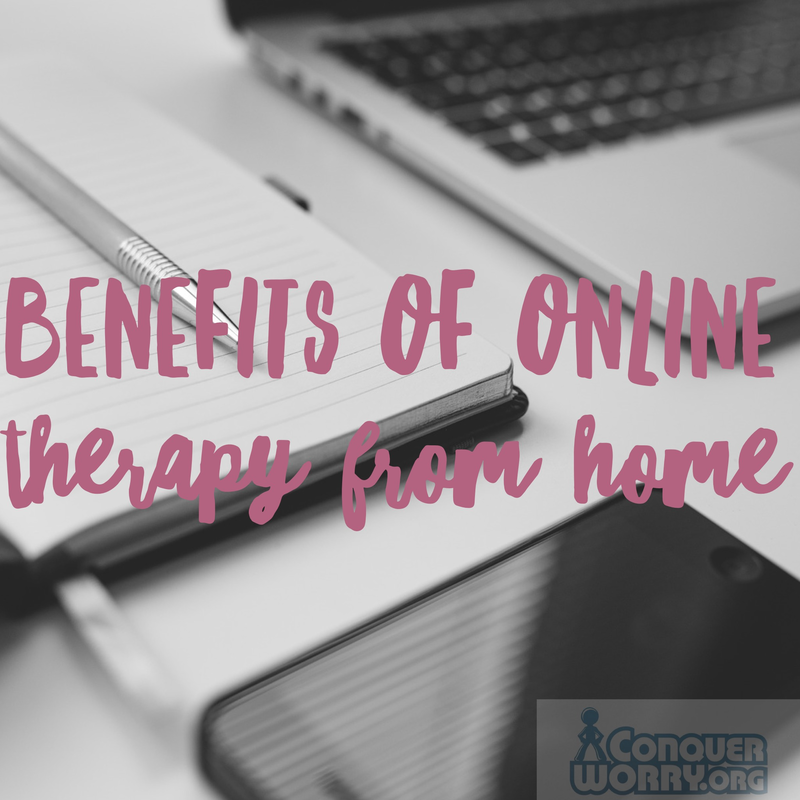

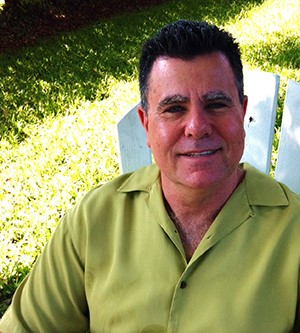

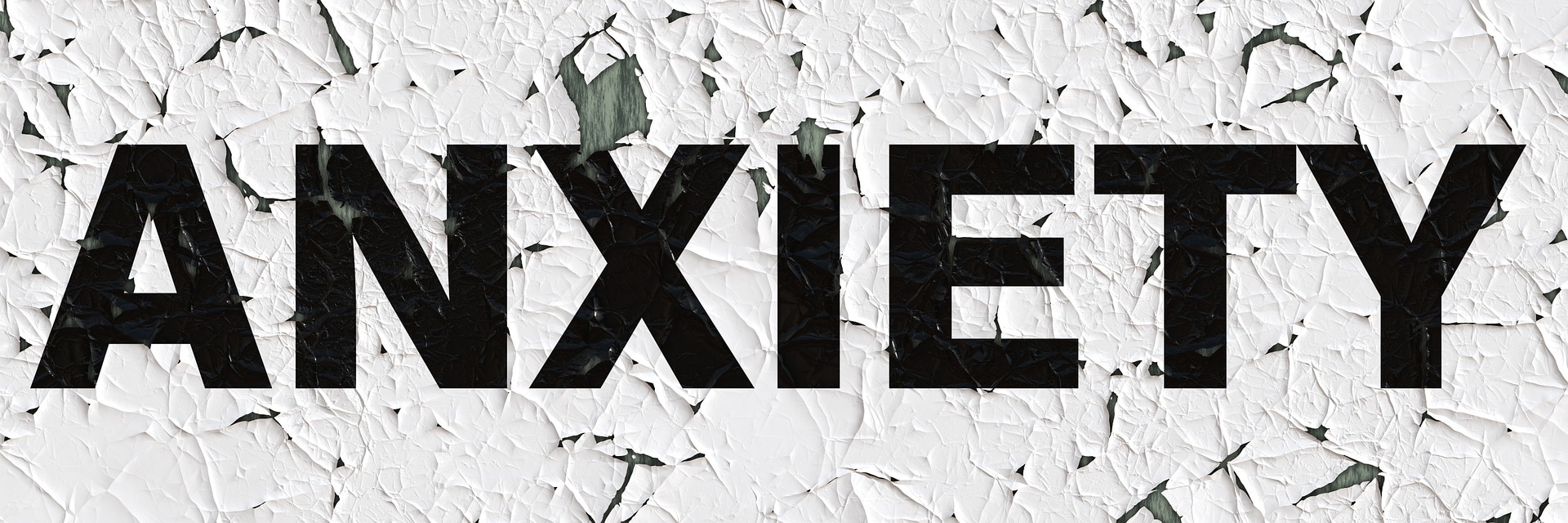
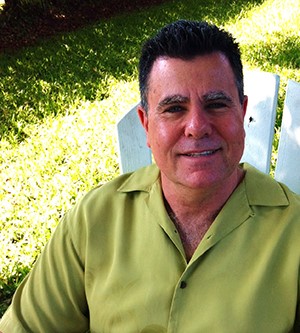
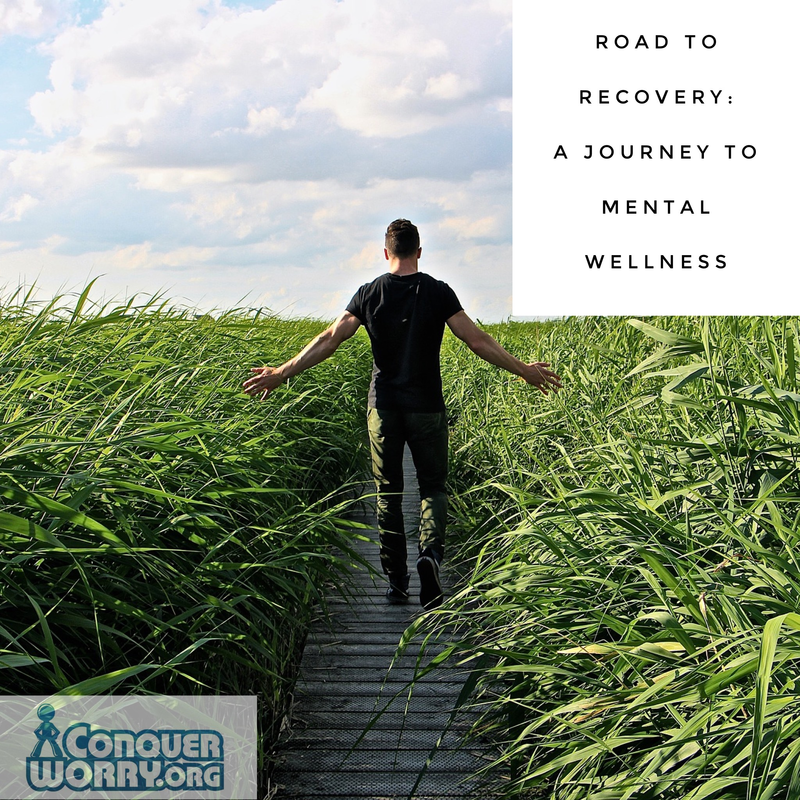

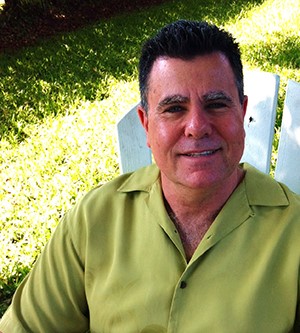
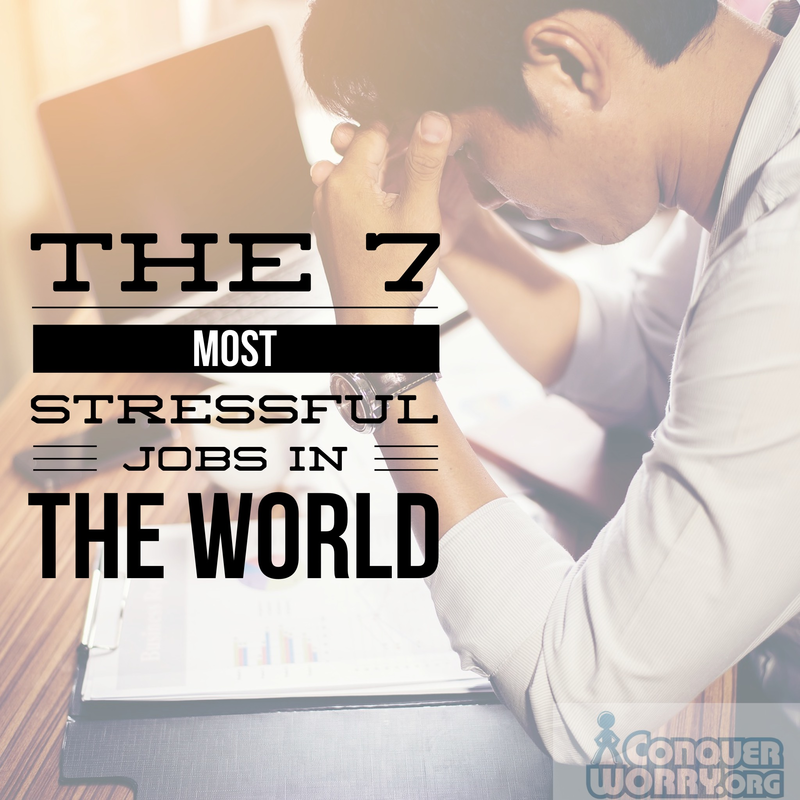




 RSS Feed
RSS Feed





